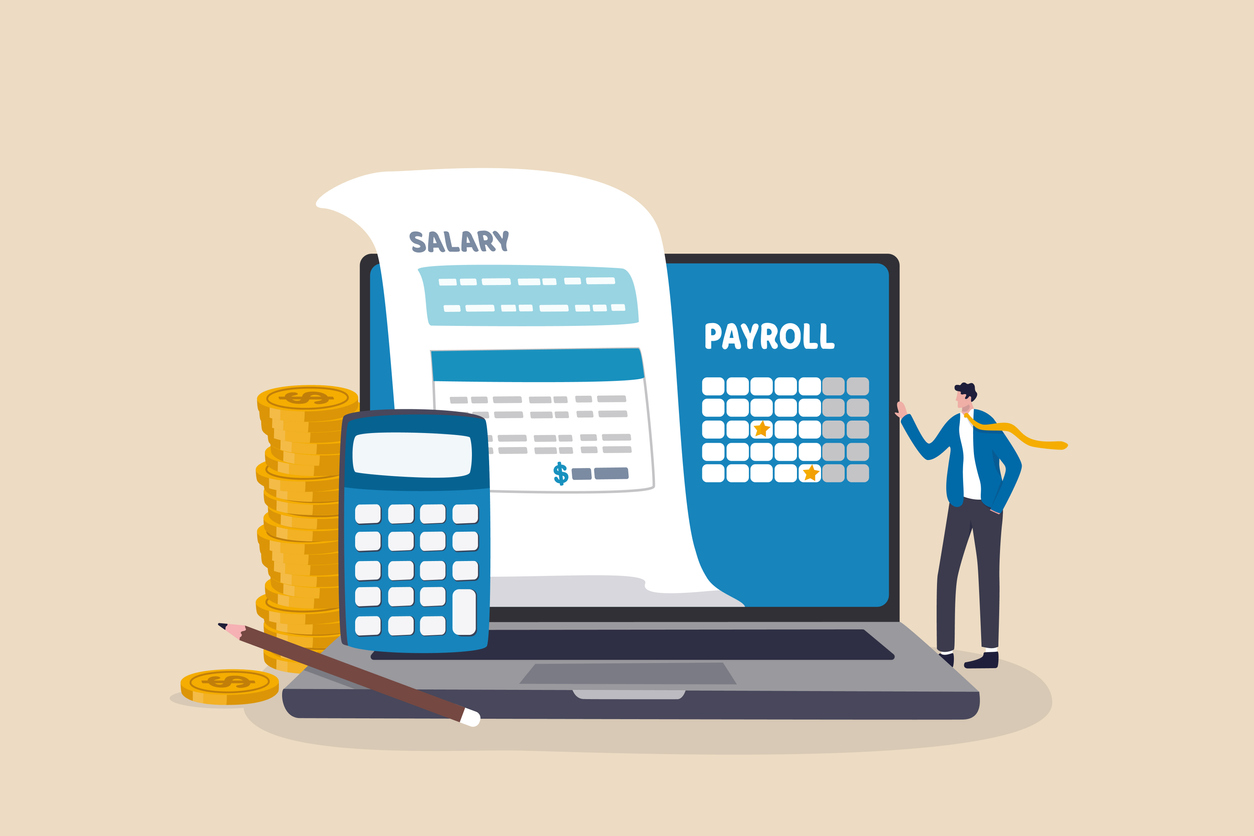
One of the most crucial aspects of running a successful business is managing payroll effectively. As a small business owner, you have several options when it comes to handling payroll, from manual processing to automated systems. Each option has its pros and cons, and choosing the right one can make a significant difference in your company's efficiency and bottom line. In this article, we will explore the top payroll options for small businesses to help you make an informed decision and empower you as an entrepreneur.
1. Manual Payroll Processing
Manual payroll processing involves calculating employee wages, taxes, and deductions by hand. While this may be suitable for very small businesses with a limited number of employees, it can be time-consuming and prone to errors. Some of the key aspects of manual payroll processing include:
Pros:
- Cost-effective, as you don't need to invest in payroll software
- Provides a good understanding of payroll calculations
Cons:
- Time-consuming and susceptible to errors
- Does not scale well with business growth
2. Payroll Software
Payroll software is designed to streamline the payroll process by automating calculations, deductions, and tax filings. There are various payroll software options available in the market, ranging from basic to advanced features. Some of the benefits and drawbacks of using payroll software include:
Pros:
- Time-saving and reduces the likelihood of errors
- Automates tax calculations and filings
- Allows for easy access to payroll records
Cons:
- Cost associated with purchasing and maintaining the software
- May require training to use effectively
3. Outsourcing Payroll
Outsourcing payroll involves hiring a third-party company to handle all aspects of your payroll process, from calculating wages to making tax payments. This option can be beneficial for small businesses that want to focus on their core operations and leave payroll management to the experts. Here are some of the pros and cons of outsourcing payroll:
Pros:
- Saves time and allows you to focus on growing your business
- Reduces the risk of tax penalties due to errors
- Access to expert knowledge and support
Cons:
- Can be more expensive than other payroll options
- Loss of control over the payroll process
4. Integrated HR and Payroll Systems
Integrated HR and payroll systems combine payroll processing with other HR functions, such as benefits administration and time tracking. This option provides a comprehensive solution for managing employee-related tasks and can help improve efficiency and accuracy. Some of the key benefits and drawbacks of integrated HR and payroll systems include:
Pros:
- Streamlines HR and payroll processes in one system
- Reduces redundant data entry and errors
- Provides a centralized database for employee information
Cons:
- May require significant upfront investment
- Complexity of implementation and potential learning curve
5. Choosing the Right Payroll Option for Your Small Business
When selecting a payroll option for your small business, it's essential to consider your budget, the size of your workforce, and your long-term growth plans. Each payroll option has its unique advantages and challenges, so take the time to evaluate which solution aligns best with your needs and objectives. Whether you opt for manual processing, payroll software, outsourcing, or integrated systems, the goal is to empower yourself as an entrepreneur by making informed decisions that support your business's success.
Remember, payroll is a critical aspect of your business operations, and having the right system in place can save you time, reduce errors, and ensure compliance with tax regulations. By navigating the top payroll options for small businesses, you can streamline your processes, improve efficiency, and focus on what matters most – growing your business.